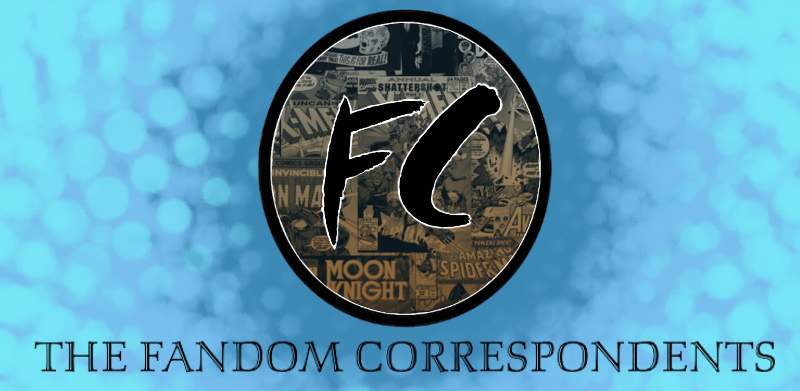Hey everyone! To celebrate my favorite time of year and one of my biggest passions, I’m watching a horror movie every night of October and giving you quick blurb about what I think of it. Yep, that’s right, every night! So let’s get spooky!
I absolutely loved the first It reboot, so much that I was left wondering how they were going to top it. And while the cast is absolutely spectacular and the scares supremely spooky, Chapter 2 simply lacks the charm of its predecessor. Perhaps it’s the modern-day setting compared to the 80s nostalgia, or maybe it’s the relatable immersion of seeing kids struggle to overcome their fears, but It: Chapter 2 left me wanting a bit more. It’s a terrific movie to watch, but if the filmmakers intend us to watch them in succession from here on out, then audiences will be left a little underwhelmed with the closing half.
Additionally, as a mental health professional, I can’t help but talk about a spoilery thing in the movie, so SPOILERS AHEAD.
Stanley’s suicide goes from being a heavy, impactful demonstration of a character’s trauma to being a disappointing and worrying plot device at the end of the movie. Stanley tells his friends in a letter that he killed himself because he knew he would not be strong enough to face It a second time, so he wanted to free them of the burden he would be. The explanation is read in almost a positive, glorying light; like, “Aw, man, our friend killed himself so we wouldn’t have to carry his scared ass; what a hero! He probably could’ve told his family about it though and, you know, not killed himself where his loving wife or child could find him in a traumatizing, scarring experience. But who cares! I’m James McAvoy and I’m really handsome.” It really rubbed me the wrong way. Friends, suicide is not heroic, and it is definitely not a method of solving your problems of the problems of people closest to you. It would have been great to see Stanley rise above his trauma, or to seek help outside of a return to Derry, but instead we get a very bizarre plot point that I had hoped our storytellers of today could see past the edginess of. Reach out; hurting yourself doesn’t save anybody.

